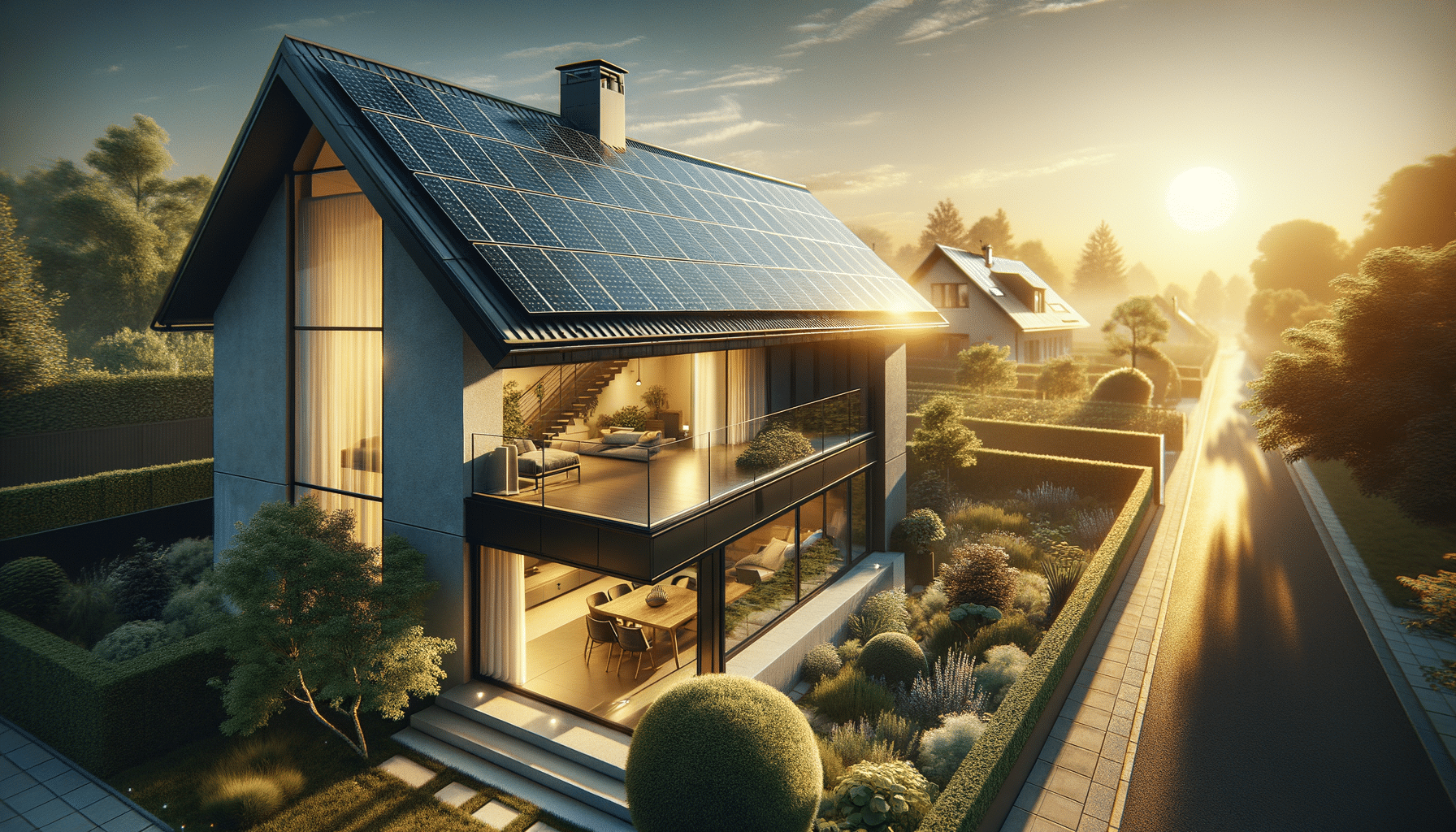
Read More about the Benefits of Using Solar at Home
The Growing Importance of Solar Energy
As the world continues to grapple with the challenges of climate change and dwindling fossil fuel resources, solar energy has emerged as a beacon of hope. Harnessing the sun’s power offers a sustainable solution to our energy needs, reducing our carbon footprint significantly. Solar panels are not just a trend; they are becoming an integral part of modern homes and businesses, offering a clean and renewable energy source. This shift towards solar energy is not just environmentally beneficial but also economically advantageous, as it reduces electricity bills and increases property value.
Understanding Solar Panels
Solar panels, also known as photovoltaic (PV) panels, are devices that convert sunlight into electricity. They are composed of solar cells made from semiconductor materials, usually silicon, which absorb photons from sunlight and release electrons, generating an electric current. This process, known as the photovoltaic effect, is the fundamental principle behind solar power generation. The efficiency and performance of solar panels can vary based on the type of materials used, the technology implemented, and environmental conditions.
- Monocrystalline panels: Known for their efficiency and longevity, these panels are made from a single crystal structure.
- Polycrystalline panels: Slightly less efficient but more cost-effective, made from multiple silicon crystals.
- Thin-film panels: Lightweight and flexible, offering versatility in applications, though generally less efficient.
Choosing the right type of solar panel depends on various factors, including budget, space availability, and energy requirements.
Benefits of Installing Solar Panels at Home
Investing in solar panels for your home comes with numerous benefits. Firstly, it significantly reduces electricity bills as you generate your own power. Secondly, solar energy is a renewable resource, meaning it doesn’t deplete over time, unlike fossil fuels. This transition also plays a crucial role in reducing greenhouse gas emissions, contributing to a healthier environment. Additionally, homes equipped with solar panels often see an increase in property value, making it a wise investment for the future.
Moreover, many governments offer incentives and rebates to homeowners who choose to install solar panels, further reducing the initial investment cost. These incentives, combined with the long-term savings on energy bills, make solar panels a financially sound decision.
Challenges and Considerations
While the advantages of solar panels are substantial, there are challenges to consider. The initial installation cost can be high, although this is often mitigated by government incentives and the long-term savings on energy bills. Additionally, the efficiency of solar panels can be affected by geographical location, climate conditions, and the orientation and angle of the installation. It’s also crucial to ensure that your home has adequate space and sunlight exposure to maximize the benefits of solar panels.
Maintenance is another consideration, although solar panels generally require minimal upkeep. Regular cleaning and occasional inspections are necessary to ensure optimal performance. By understanding these challenges and planning accordingly, homeowners can effectively integrate solar energy into their lifestyle.
Conclusion: The Future of Solar Energy
The future of solar energy is bright, with technological advancements continually improving the efficiency and affordability of solar panels. As more people recognize the importance of sustainable energy solutions, the adoption of solar technology is expected to rise. By choosing to invest in solar panels, homeowners not only contribute to a healthier planet but also enjoy the economic benefits of reduced energy costs and increased property value. As we move towards a more sustainable future, solar energy remains a key player in the global energy landscape.


